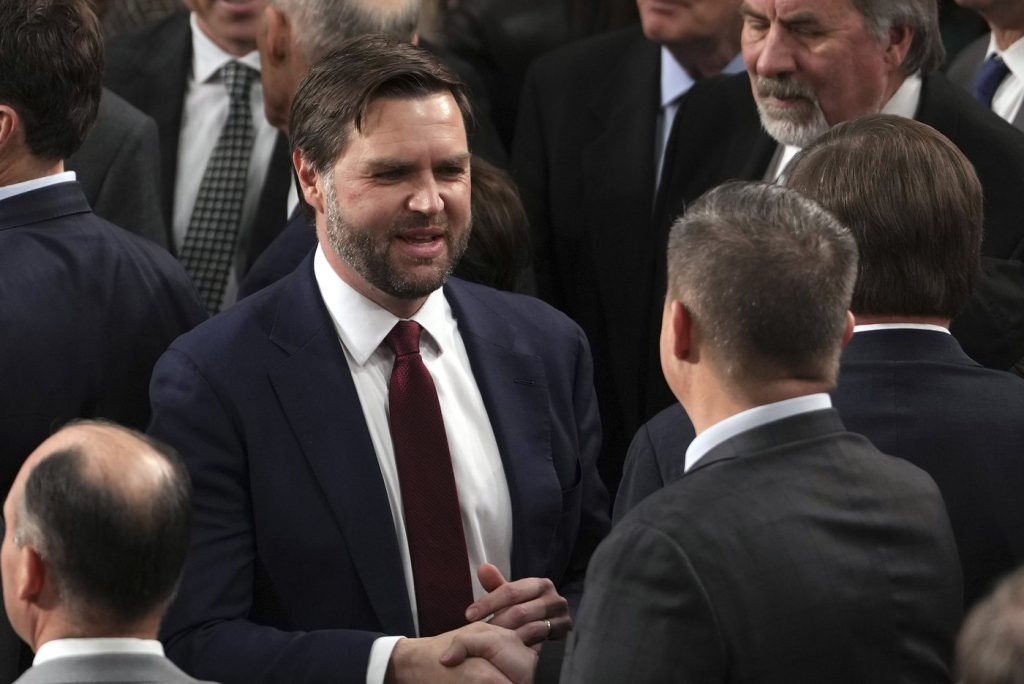In a recent interview, Vice President-elect JD Vance made clear his stance on the Capitol riot of January 6, 2021, emphasizing that those who engaged in violence should not be pardoned. His comments come amid President-elect Donald Trump's promise to exercise his clemency power for several individuals involved in the events aimed at overturning the election results Trump lost. Vance stated, “The pardon question is very simple,” stressing that individuals who “protested peacefully” should be eligible for pardons, while those who committed acts of violence must face accountability.
More than 1,500 individuals have faced federal charges stemming from the Capitol siege, which resulted in injuries to over 100 police officers and caused lawmakers to take shelter while certifying the Electoral College votes that declared Democrat Joe Biden as the 2020 election winner. The prosecution has taken a multifaceted approach, charging hundreds of participants who did not commit violence with misdemeanor offenses such as illegal entry into the Capitol. In contrast, others faced felony charges, including assault for physically attacking law enforcement officers.
Among the most serious cases were the leaders of the Oath Keepers and Proud Boys extremist groups, who were charged and found guilty of seditious conspiracy. Prosecutors highlighted their intentions to utilize violence in efforts to disrupt the peaceful transition of power from Trump to Biden, the incoming president. Vance later acknowledged a “bit of a gray area” in cases that might not fit neatly into categories of either violent or non-violent actions during the riot.
After facing backlash from supporters of the Capitol rioters who felt his stance was insufficiently aggressive in advocating for their release, Vance defended his position in a post on social media platform X. He asserted, “I’ve been defending these guys for years,” attempting to clarify that his approach was neither a retreat nor a dismissal of their circumstances. “The president saying he’ll look at each case (and me saying the same) is not some walkback,” he added, reaffirming his commitment to addressing the cases of individuals he views as having been “unjustly locked up.”
Vance’s comments illustrate the complex landscape of legal consequences surrounding the Capitol riots, highlighting the divide between those who participated in peaceful protests versus those who resorted to violence. As discussions around potential pardons continue to unfold in the political sphere, the implications for those charged remain significant, with ongoing debates regarding justice, leniency, and accountability.










